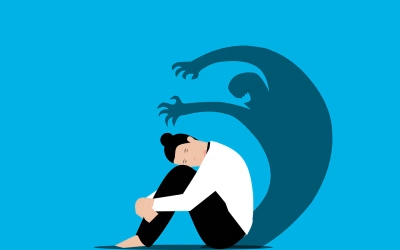Endogenous Depression: A Clinic of the Inexplicable
There are forms of suffering that do not stem from recognizable external causes. There is no grief, no recent loss, no visible crisis. And yet, the person finds themselves immersed in a state of persistent sadness, emotional exhaustion, disconnection from desire and from their own experience. Endogenous depression is precisely this: an internal collapse whose logic is not found outside, and whose explanation doesn’t readily appear even to the one experiencing it.
In clinical practice, these presentations are notably consistent
Speech is often vague or emotionally flat. Expressions like “I don’t know what’s happening to me,” “nothing makes sense,” or “I have no strength” are common, without any recent events to justify the distress. There is often an attempt to explain it as stress, work pressure, or routine fatigue, but even these explanations feel unconvincing to the patient. The most distressing aspect is not the pain itself, but the inability to name it, understand its origin, or explain it to others.
Often proves counterproductive
Trying to intervene directly on the symptoms — using reparative or motivational approaches —.. The person is already trapped in an inner logic that feels foreign, as if something within them operates independently of their will. Forcing behavioral change, pushing outward, insisting on doing before listening to being, can widen the gap between the patient and their inner world. Therapeutic support should not be about pushing, but about accompanying.
The most valuable clinical attitude in these cases is that of an attentive presence, without urgency. It’s not about filling the space with interpretations or techniques. What matters is to create the conditions for the person to begin recognizing what is surfacing in that seemingly faceless discomfort. Sometimes, it is a part of the self that has been systematically silenced. Sometimes, it is an old story that has never been told. Sometimes, it is a long-postponed question finally insisting on being heard.
Rather than offering strategies to “get out” of depression
It is often more effective to help the person inhabit it with greater awareness. This is not resignation — it is a different form of intervention. Attending to dreams, noting spontaneous images, pausing over recurring phrases without trying to interpret them, can allow access to a different language — one closer to the inner world. The goal is not to find immediate meaning, but to sustain the experience until something begins to organize itself from within.
Many of these depressions are accompanied by a harsh internal structure — critical, demanding, sometimes cruel. The person may not be fully aware of this voice, but lives under its weight: everything they do feels insufficient, everything they feel seems wrong. Making that voice visible, describing its tone, exploring its origins, can open up the possibility of internal differentiation — a first step toward psychic autonomy.
There are no exercises that “fix” this state
But there are practices that open space: writing without purpose, sitting in silence without guilt, lingering with an image that evokes something without needing to explain it. These are small movements, often invisible from the outside, but essential for beginning to recover a sense of self that is not based on performance or demand.
Over time — and not in a linear way — many people who have experienced this form of depression begin to sense a real shift. It’s not about feeling “better” in a conventional sense, but about inhabiting oneself more truthfully. Something repositions. Something that was excluded finds a place. Suffering, then, doesn’t fully disappear, but it loses its paralyzing grip. It becomes testimony to a larger, more human, and more integrated process.
This kind of work is not about repair — it is about integration. It doesn’t offer quick fixes, but it sustains, with seriousness, the possibility of transformation. Endogenous depression is not a sentence, even if it often feels like one. In a clinical space that is carefully held, it can cease to be a terrifying enigma and become, slowly, an experience that can be understood. And from there, life becomes possible again.
IPITIA Team
April, 2025





